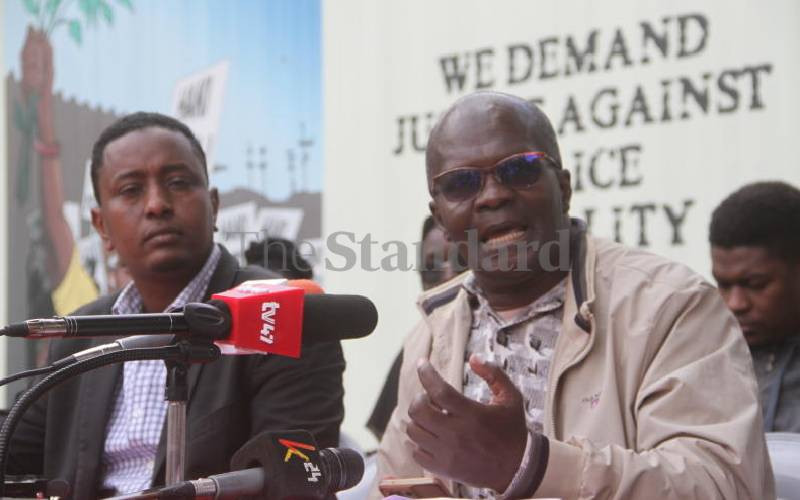×
The Standard e-Paper
Stay Informed, Even Offline

Lobby groups have expressed concern about the rollout of the Unique Personal Identifier (UPI) number dubbed "Maisha Namba" by President William Ruto's administration.
They say that the UPI has no difference with Huduma Namba which was declared unconstitutional by the courts in October 2021.